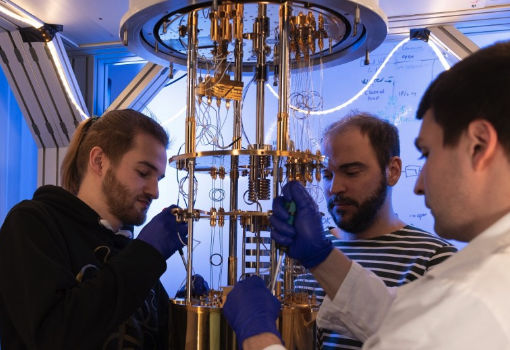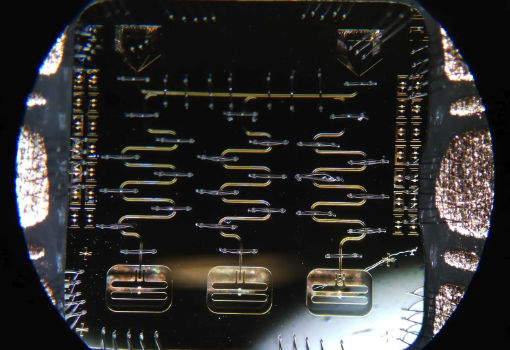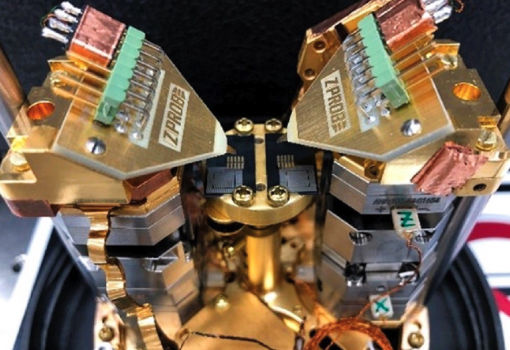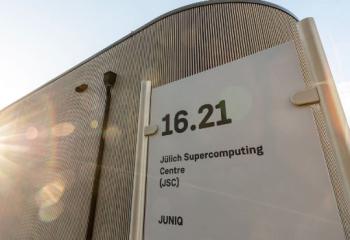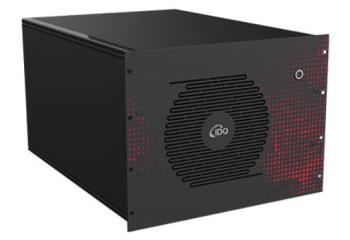NewsFlash
September 12, 2024
Editor's Picks
-

Infleqtion and NASA to Fly the World’s First Quantum Gravity Sensor to Space
-

EU Selects SUPREME Consortium to Develop the Union’s Superconducting Technology for Wider Industrialization
-

IonQ to Acquire SkyWater Technology, Creating the Only Vertically Integrated Full-Stack Quantum Platform Company
-

EuroHPC JU’s Mandate Expanded Under New Regulation Amendment

